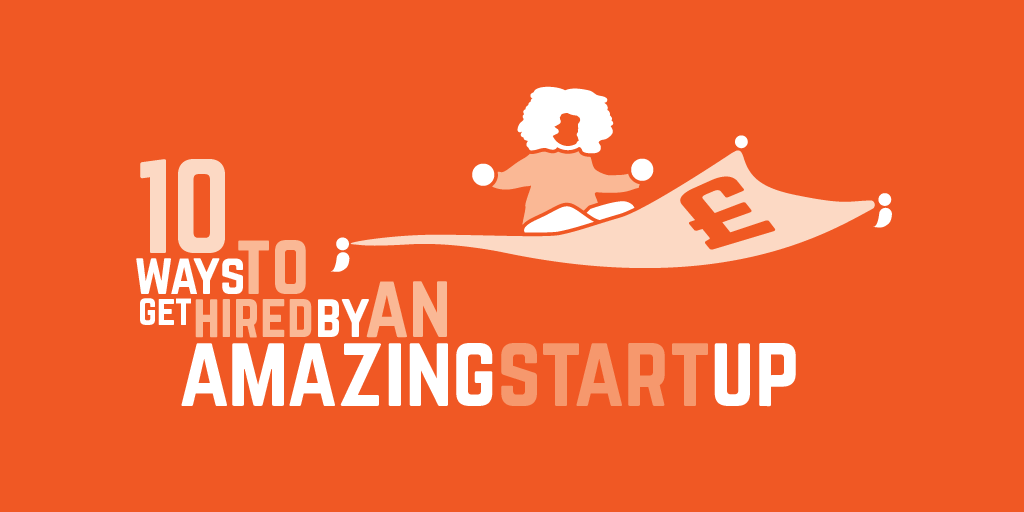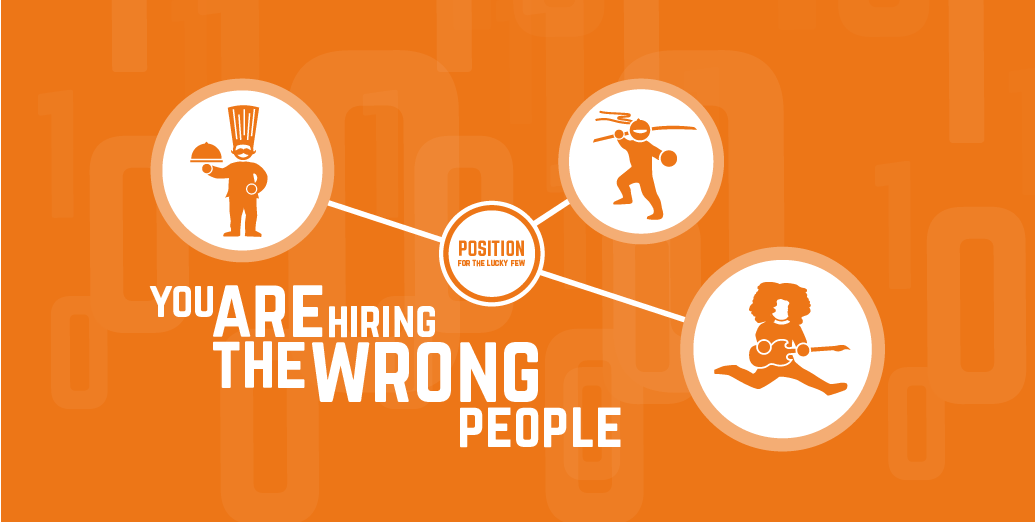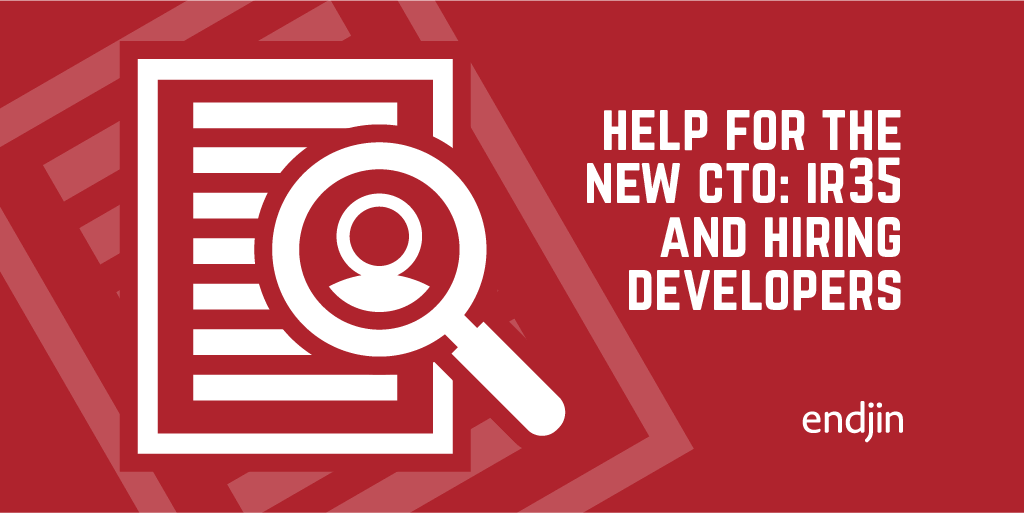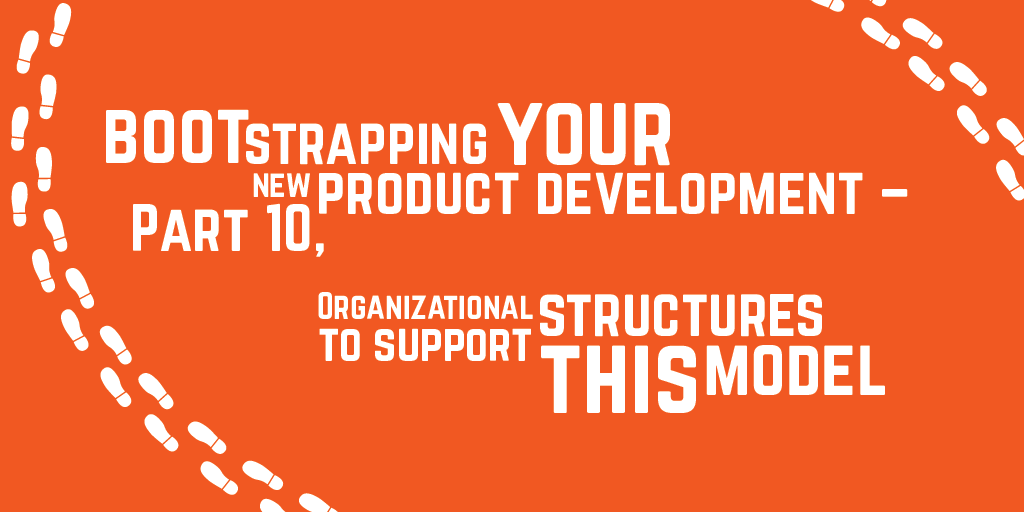10 ways to get hired by an amazing start up

It's hard to believe if you read twitter, but not everyone wants to be a Founder - at least, not yet. I don't blame them. Here are three aspects of life a founder has to deal with that you don't (usually) as an employee:
Everyone else gets fed before you do.
You can go for months or years without getting paid, and when you do get paid, it is probably less than the other employees, for quite a while.
Competition for your attention
There are a million things to deal with that consume your day, from dealing with lawyers and accountants, to worrying about recruitment and staff retention, to making sure the bills get paid, the hot water tap is working, that there is always coffee for the coffee machine, that no-one is electrocuting themselves on their computer.
All of that 'gets in the way' of your business.
It turns out that a large part of your time has to be spent optimizing those things away (until you can afford to delegate), because there's no point in wasting your precious resources on getting the UX guru you just employed to do those things.
Instead, you work longer hours than anyone else: because an important part of your mantra is that your staff get in at 9am, and go home by 6pm, get a proper home life, and come in refreshed and energized the next day.
There's no-one to share the blame
If something goes wrong it is your fault. It doesn't matter if it was a member of your team that actually pulled the trigger, you put the gun in their hand. That can be lonely, stressful and quite intimidating.
Of course, all that adrenaline-driven, hands-on, seat-of-the-pants problem solving and responsibility is what founders thrive on.
What if you want to set that back just a notch? Still in near the beginning, with a lot less risk (and a lot less reward), but a good share of the experience.
Then a start up might be a great place to work for you, but there are a few things to consider if you want to get hired.
Here's my top ten tips.
1. Dial back your salary expectations
If you are sitting in the corner of an investment bank grinding out the same-old-same-old code as part of an enormous team, and pocketing a vast slab of cash and bonus, then you'd better dial back your expectations. Start-ups don't have much cash. Even if they've had a successful investment round, that wad of seed capital sounds like a lot, but it will be gone terrifyingly quickly.
That doesn't mean you shouldn't get paid good money for your job, but you should look at the market average, not your current salary. If a bank is paying you 100k, but the market average is 55k, you should set your expectations at the market average (or maybe 10% below, and allow for some upside).
There are other benefits to working for a start up, but a huge salary is not one of them. One of those benefits is equity, but...
2. Dial back your equity expectations
You're not going to get 10% of the equity, even as employee #1.
A more reasonable expectation for employee #1 is around the 1% level (from a total pool of, maybe 20% that will be available to all future employees). Dial back further from there for subsequent hires.
It is also unlikely that the 1% will vest immediately - it is much more likely that it will be doled out a fraction at a time over the first few years of employment.
A very early employee might expect to get actual equity, but slightly later employees (maybe after a seed round) can expect options, at a reasonable strike price. You need to understand the difference, and what that may mean for your position at an exit.
You should also understand the existing equity structure. Does an investor have "prefs" or "loan stock"? When will you start earning out at an exit? Will your outstanding equity/options vest with you in the event of a transaction (like an early trade sale or IPO)?
3. Be honest about your capabilities
A start up really needs to know who you are. You're going to have a huge impact on the business culture, and the balance of the team, and everyone's time will be wasted if you pretend to be something you're not.
In a corporate environment, it is relatively easy to hide in the forest of the masses, but in a start up you're out there in plain sight all the time.
If your CV contains an honest appraisal of your experiences, capabilities, likes and dislikes, and a seasoning of, but not too much focus on, skills, you're going to be much easier to hire than the usual "I was lead this, and senior that, and used every tool, language, library and platform under the sun. Oh, and I have 2 years of experience and a massive unexplained gap on my resumé".
A start up can be a great way to step up in responsibility - but make it clear that's what you are looking to do. If the position calls for leadership of a small team, and you've not yet had a chance to do that, but have successfully mentored a colleague, be straightforward about it. Successful start ups are great at identifying potential, developing it, and getting a huge return on their investment in you.
Because they can't afford to hire the guy with 10 years experience as a team lead, they might just pick you!
4. Be honest about your goals
It's important that you're as honest about what you want from the start up as you are about what you are bringing.
If you are expecting to stay for a year or two, while building up your experience before having a bash at it yourself - say so. That will be a good fit for many start ups, and even change the way you are mentored and supported in the business (you may get more insight into the Founder's experience, for example). For others, it may not be so great; they are looking to build a core team that wants to live the whole lifecycle with them.
You also need to be sure that you are the right place for it in your personal life - are the people closest to you supportive of this move? Do you have the personal and financial flexibility to step out of the corporate environment? What is your plan B if/when the start up doesn't work out? There's a great book about this being produced on LeanPub.
No-one is holding you to these intentions, of course - everyone changes over time, especially in the crucible of a start up. But it is good to start out knowing in which direction everyhone is headed.
5. Approach the start up directly
If you are putting a recruiter between you and the start up, you are costing the start up about 20% of your first year salary.
For every 5 people the company hires, there's one person they can't, because the money has gone to a recruiter. That's huge.
It also gives the impression that you are not taking responsibility for your own career, and don't have that "get it done" mentality so important to a start up's success.
That's not to say that recruiters don't sometimes offer a valuable service - they can be a great means of headhunting specific talent, for example, or outsourcing a large and continuous hiring process in a corporate environment; but they are an expensive way for a start up to hire their first employees.
If you want to get hired by a start up, look on the talent-specific job boards, talk to your network, go to start up events, and hang out where they hang out. That's also important for the next point.
6. Do your research
Do a bit of research on the background of the founders. What other businesses have they been involved with? What happened to them? How did they deal with success or failure? Do you know any of their former colleagues (e.g. through LinkedIn or other social media)?
You may discover that they have previously had a failed startup. 90% of start ups fail - eventually. Although many fail in the first two years, many more bump along for a few years after that before quietly winding up. Don't let that put you off. You can learn as much from a failure as a success. How the Founder dealt with that failure, and what they moved on to is at least as important.
You can also find out something about the proposition and how the business is positioning itself. Have a read of the series on new product development to help you work out how focused the business is, and how well it has developed its proposition so far.
(By the way, if you get to the interview stage, armed with your research, these are great questions to ask the founders: what have they learned from their previous experience, or experience in the start up so far? What do the founders think is the trajectory for this business, and when will it exit? How is their product positioned in the market, and what is the value proposition?)
7. Be visible...
It is important to develop your social media presence, contributing to relevant discussions, retweeting interesting content and the like; but don't make that your job. (Unless, of course, that's the job you want!)
If you're on the technical side, then look for OSS projects to contribute to - even if it is only in a small way through documentation, or good quality bug filing.
8. ...but be careful
The other side of being visible is making sure that you curate your online identity.
Your Facebook page needs to be properly secure, or non-embarrassing (or gone).
Can you stand by all the views you've expressed on Twitter?
As an early employee at a company, you are going to be a brand ambassador - whether you like it or not. Potential investors will Google you. So will the founders. Make sure they find good stuff. Remember "one stupid tweet can blow up your life" - and the Founders don't want to be caught in the collateral damage.
9. Make sure you're not looking for the wrong reasons
A start up is not a haven for people who don't get on with their current boss, or don't agree with the way that GloboCorp is being run.
It's true that you are likely to have more ability to influence the day-to-day operations of the entire business at a start up (after all, literally everyone is probably sitting within arms length of each other), but that doesn't mean that you are running the show.
The founder(s) will have an absolute grip on what is going on in the business day-to-day, and that proximity with the rest of the team gives them a lot more control over your minute-to-minute existence. Don't think it is going to be all turning up in sandals and shorts, drinking soda and brainstorming how to bring down IBM.
Good founders will know how to balance that extreme focus and control with delegation and individual responsibility. You have to play your part in that game, too. You've still got a boss.
10. Expect to end up doing almost anything
One of the most enjoyable aspects of working at a start up is that you might be doing literally anything on any given day. Although your job title says "Senior Developer", you might be stuffing envelopes one afternoon, and joining a call with an investor the next.
Some people thrive on this variety, and others find it impossible to cope with the context switching.
How do you get your "main" job done if you are constantly being dragged off to do other stuff?
Great start ups try to protect their team from excessive context switching: a developer needs long periods of concentration, to get in "the zone", for example.
But when you've been bashing away at a problem for 6 hours and getting nowhere, the opportunity to go and sit in the rec room and stuff envelopes, while you clear your brain can be a good one. And not something that is usually available in your Fortune 500 institution.
Conclusion
Of course, this is only scratching the surface of what it is like to be an employee at a start up, and what it takes to get hired. Enthusiasm, good humour (because sometimes times will be a bit dark), sticking power, great personal hygiene (offices are small and air conditioning is expensive) - these all contribute too.
Good luck! And I hope you find your dream job, and help a start up fulfil its potential.




